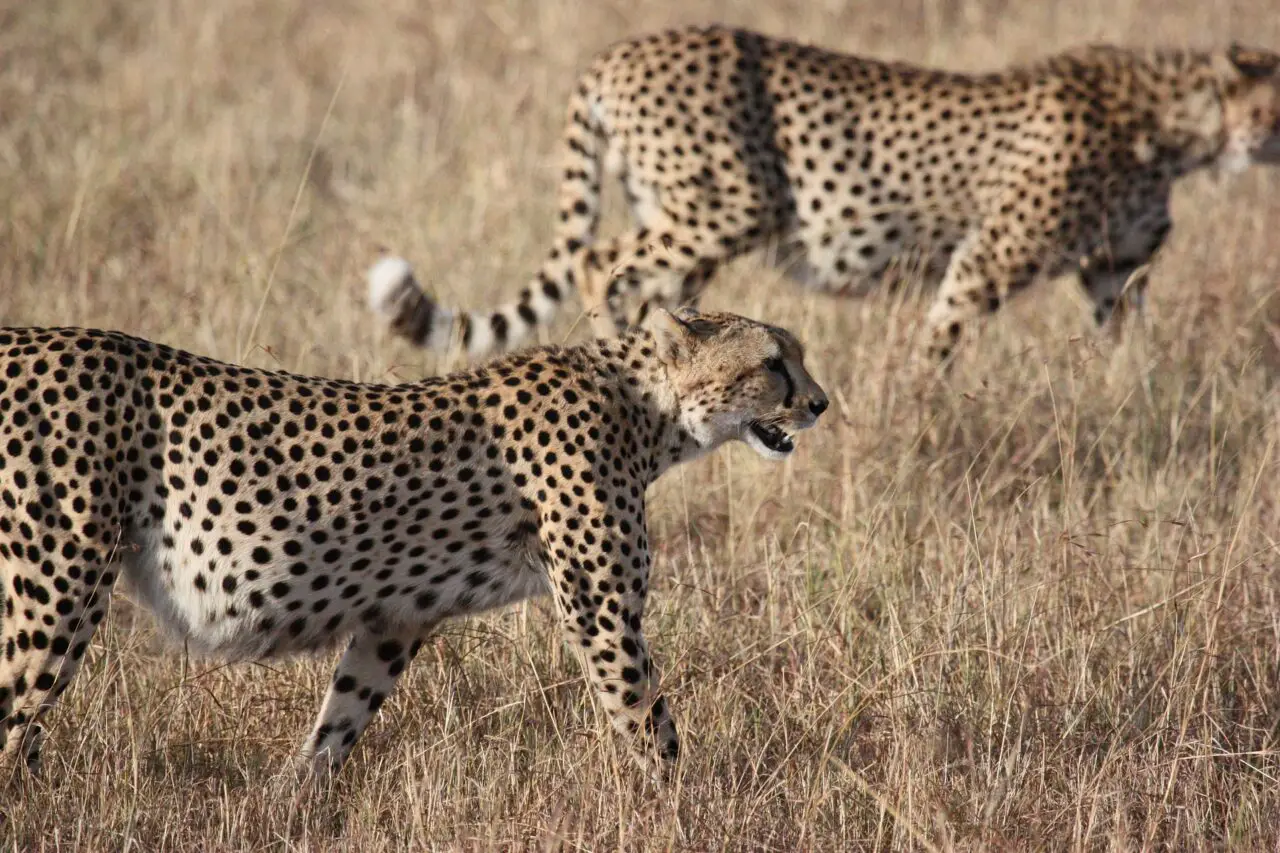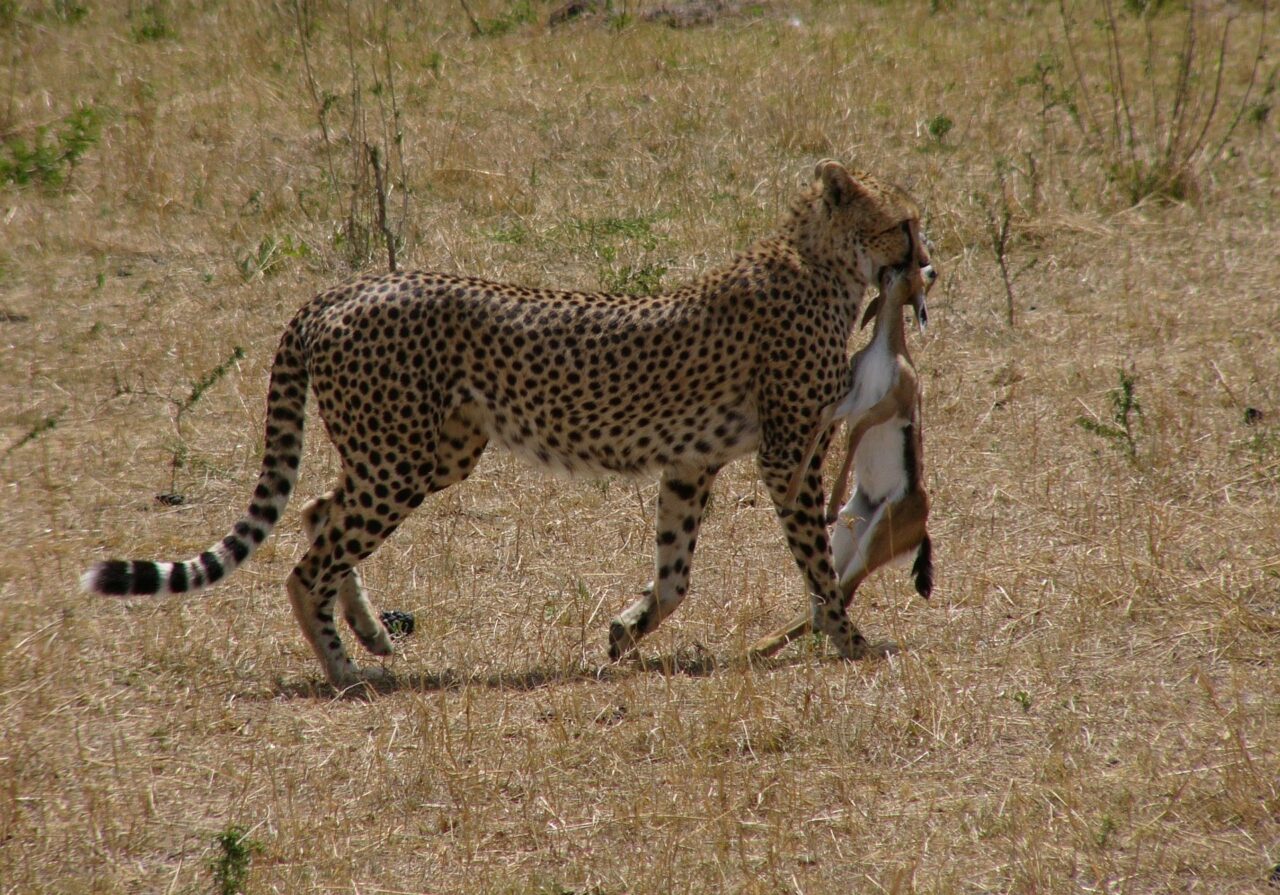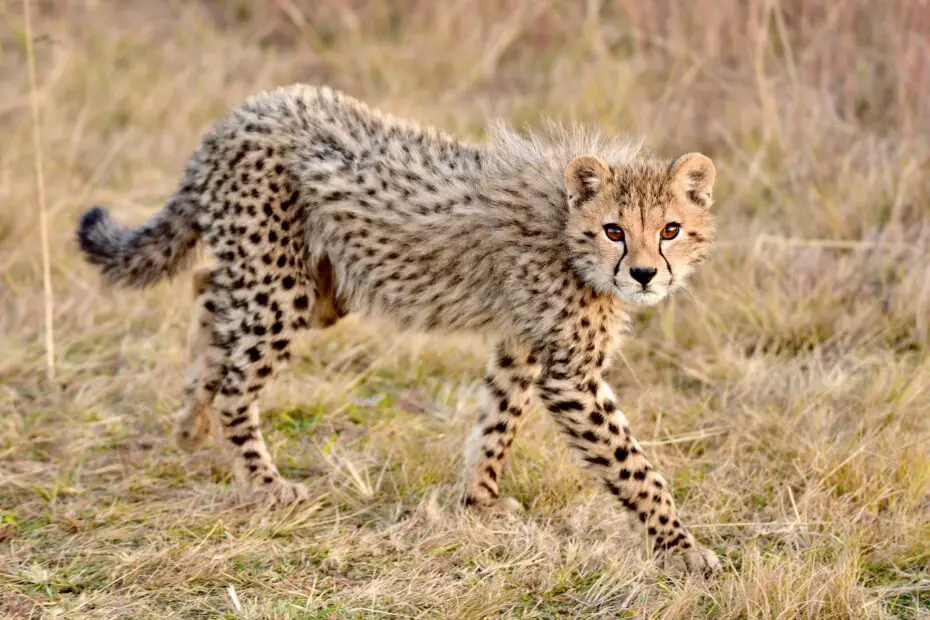What Do Cheetahs Eat? Cheetahs, the iconic speedsters of the animal kingdom, have captured the imagination of people worldwide. Apart from their incredible agility and unmatched sprinting abilities, understanding what cheetahs eat provides further insight into their unique predatory nature. In this article, we will explore the dietary habits of cheetahs, shedding light on their preferred prey, hunting techniques, and the significance of a diverse food source for their survival.
You may also want to know what crabs eat.
What Do Cheetahs Eat?
What Do Cheetahs Eat? As carnivorous predators, cheetahs have specific dietary requirements that consist primarily of meat. Unlike other large cats, such as lions or tigers, cheetahs are specialized hunters and rely on their speed and agility to secure their meals. Their diet consists mainly of ungulates, which are hoofed mammals.
Primary Prey Species
Gazelles, particularly the Thomson’s gazelle, are among the most common prey species for cheetahs. These swift antelopes provide the necessary speed and agility challenge that matches the cheetah’s hunting prowess. Additionally, cheetahs also target other small to medium-sized ungulates such as impalas, springboks, and duikers. The choice of prey depends on factors such as availability, habitat, and the size of the cheetah population in a given area.

Hunting Techniques
Cheetahs employ a variety of techniques to secure their prey. Their incredible speed, which can reach up to 70 miles per hour (113 kilometers per hour) in short bursts, allows them to chase down their targets. They often rely on stealth and camouflage, using the tall grass or rocky outcrops to conceal themselves before launching their lightning-fast sprints. Once they close in on their prey, cheetahs use their sharp claws and powerful jaws to bring down their quarry with a swift bite to the throat or neck.
Speed and Agility
The cheetah’s renowned speed and agility are instrumental in its hunting success. Their lightweight bodies, long and flexible spines, and non-retractable claws provide them with excellent traction and maneuverability during high-speed pursuits. This combination of physical adaptations enables them to rapidly change direction and maintain balance while in pursuit of prey.
Eating Habits
After successfully hunting down their prey, cheetahs quickly consume their meal to avoid losing it to other predators. They often begin by feeding on the hindquarters or the softer parts of the carcass. Cheetahs are known to be efficient eaters, consuming most of their kill within a short period. However, they do not have the same jaw strength as larger carnivores, so they may leave larger bones or tougher portions behind.
Daily Food Requirements
Cheetahs have a high metabolic rate due to their active lifestyle, and they require substantial amounts of food to sustain their energy levels. On average, an adult cheetah consumes around 6 to 8 pounds (2.7 to 3.6 kilograms) of meat per day. However, this can vary depending on factors such as the size of the prey and the individual cheetah’s energy needs.
Competition for Food
Cheetahs face competition for food from other large carnivores, such as lions and hyenas. These powerful predators often target similar prey species, and their larger size and cooperative hunting behaviors give them an advantage over solitary cheetahs. As a result, cheetahs may experience challenges in accessing and retaining their kills, leading them to be cautious and eat quickly to minimize the risk of losing their meal.
Human Impact
Human activities, such as habitat destruction, encroachment, and poaching, have had a significant impact on both cheetah populations and their prey species. Deforestation and the conversion of natural habitats into agricultural lands have disrupted ecosystems and reduced the available prey base for cheetahs. Additionally, illegal hunting and poaching of prey animals directly impact the food sources available to cheetahs, further challenging their survival.

Conservation Efforts
Conservation organizations and wildlife management authorities are actively involved in efforts to protect cheetah populations and their habitats. By implementing conservation strategies that focus on habitat preservation, anti-poaching initiatives, and sustainable land-use practices, these efforts indirectly support the preservation of the cheetah’s prey base.
Conclusion
What Do Cheetahs Eat? The diet of cheetahs primarily consists of small to medium-sized ungulates, with gazelles being a preferred target. Their exceptional speed and agility, coupled with their hunting techniques, allow them to successfully capture and consume their prey. Cheetahs require a significant amount of meat to meet their daily energy needs, and they face competition from other large carnivores for access to food.
However, human activities such as habitat loss and poaching have impacted both cheetah populations and their prey species. Conservation efforts aimed at protecting cheetah habitats and implementing sustainable practices are crucial for maintaining the balance of the ecosystem and ensuring a healthy prey base for cheetahs.
By understanding the dietary habits of cheetahs and the challenges they face, we can appreciate the importance of conserving their natural habitats and supporting conservation initiatives. The survival of these magnificent creatures relies not only on their remarkable speed and hunting abilities but also on the availability of their prey.
FAQs (Frequently Asked Questions)
- Do cheetahs eat anything other than meat?
- No, cheetahs are obligate carnivores and primarily eat meat. Their diet consists mainly of ungulates, such as gazelles and impalas.
- How often do cheetahs need to eat?
- Cheetahs typically need to eat every few days. They have a high metabolic rate and require substantial amounts of food to sustain their energy levels.
- Can cheetahs survive without hunting?
- No, hunting is an essential survival skill for cheetahs. They rely on their hunting abilities to catch prey and obtain the nutrients necessary for their survival.
- Are cheetahs successful hunters?
- Cheetahs are skilled hunters, but their hunting success rate is relatively lower compared to other large predators. Their speed and agility give them an advantage in chasing down prey, but they can face challenges in retaining their kills due to competition from other predators.
- How does the cheetah’s diet impact its physical characteristics?
- The cheetah’s diet of meat provides the necessary nutrients and energy to support its physical characteristics, such as its speed and agility. Their lean bodies and efficient muscle structure are adaptations that enable them to excel in high-speed pursuits of their prey.
